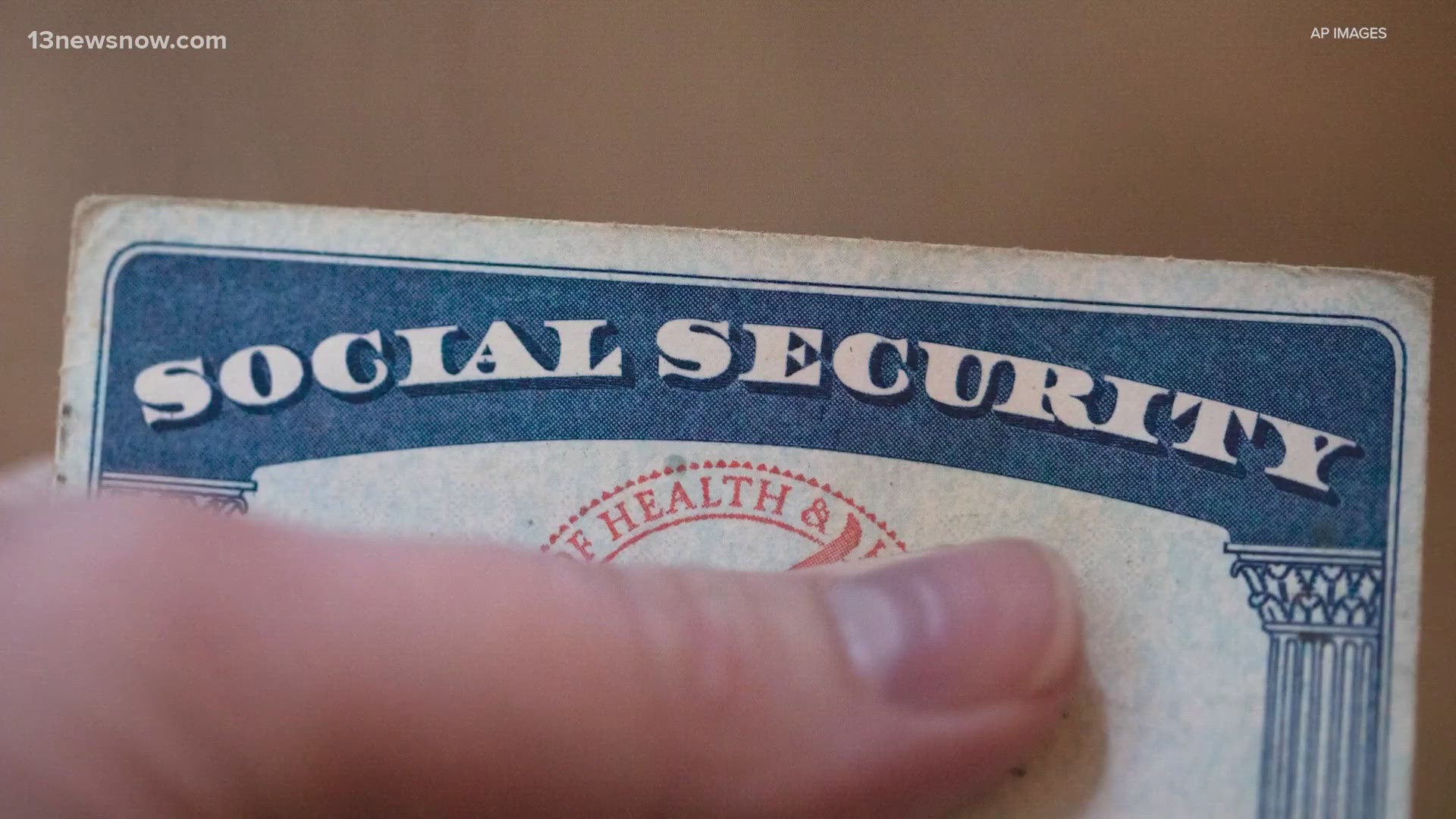The Social Security Administration commissioner is warning about service impacts if Congress can't reach a new spending deal by the holidays deadline.
What could that mean to beneficiaries here in Hampton Roads?
The Social Security Administration is waiting for a long-term budget request to be approved by Congress after they approved a short-term extension at current spending levels last month.
Until the administration is granted a bigger budget during this continuing resolution, they are unable to hire extra staff.
Earlier this week, former mayor of Baltimore and former governor of Maryland, now the commissioner of the Social Security Administration, Martin O’Malley, told 13News Now that the administration is serving more customers now than ever before with fewer staff than ever before.
“So as a result, it takes us longer to answer the phone, it takes us longer to catch up with fraudsters,” O’Malley said. “So you ask, ‘what would we do with those dollars?’ We would start to reduce that downward slide, bring on more people to serve the public as customer service agents, as claim processors, and also the people that actually detect and deter fraud from happening, or make people whole when they have been a victim of fraud.”
Less money means fewer resources—resources the Social Security Administration says they need in order to protect the public from cases of fraud, which tend to increase this time of year.
Fraud is a concern top of mind for those in Hampton Roads.
“A lot of emails are going out,” local resident Chris Hinton said. “A lot of people don’t understand what they’re getting. A lot of spam text messages are going out, and people really think that these are legit companies.”
“And they get all sorts of calls on the telephone, they get all sorts of junk mail,” added local resident Paul Olsen.
According to Commissioner O’Malley, the Social Security offices in Norfolk and Virginia Beach are currently serving 50% more people compared to the national average.
If Congress doesn’t approve this budget request by Dec. 20, then we could see a government shutdown, meaning only essential services will be active.
This wouldn’t affect beneficiaries from receiving their checks, but any issues in delivery would be harder to resolve.

